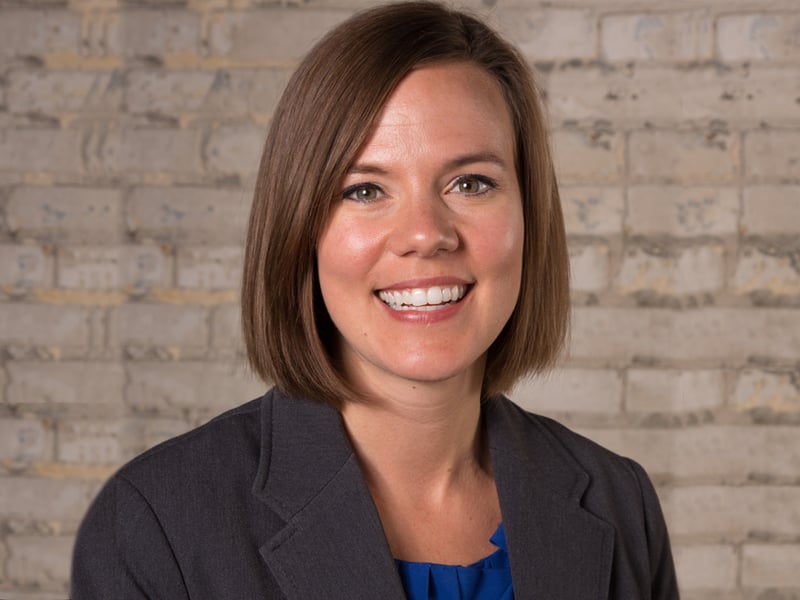Andrea Eaton and the other two advisers at Cornerstone Wealth Advisors found themselves in a position in 2010 where they didn't need another adviser, but they needed someone who could take on some of the administrative and light client duties that were consuming too much of their time.
The advisers, however, didn't want to hire someone to do these tasks without having a career track to offer the person.
Their answer, after Cornerstone founder Jon Guyton discussed medical residency programs with financial adviser/doctor Carolyn McClanahan, was to create an in-house adviser residency program.
The Edina, Minn.-based firm began employing residents who are recent financial planning program graduates to work three- to four-year posts at the firm, bridging the gap between education and experience.
“Hiring residents really leverages the current advisers' ability to serve more clients,” Ms. Eaton said.
MORE CLIENTS
The firm estimates its advisers can add 15% to 25% more clients as a result of bringing on residents. All signs point to it working out for the residents, as well.
(More: Adviser Consultant: Separate your robo and traditional planning offers to succeed in two markets)
Cornerstone has “graduated” one resident and she was offered multiple full-time positions. During the residency program, the firm introduced her to advisory firm principals and unlike most of the time one looks for a new job, she didn't have to keep her search a secret. She “was very sought after” and accepted a position last year with a firm in Washington, D.C., Ms. Eaton said.
Resident responsibilities begin with a lot of administrative work, but even from the beginning residents are included in client meetings. They increasingly prepare for those meetings and provide follow-up, and then towards the end of their tenure they may lead sections of some client meetings and present financial plans with the supervision of another adviser, she said.
LONG INTERVIEW
Today Cornerstone tries to always have two residents, so that the junior resident can train the new resident after the senior resident moves on.
In addition to helping the industry
grow the next generation of advisers, firms with such a residency program create for themselves a pool of proven candidates for when they're ready to grow.
“It's a way to test out people,” Ms. Eaton said. “The residency is like a really long job interview.”
Tip sheet:
• Advisers at the firm need to want to
provide mentoring, which requires time, patience and a willingness to offer constructive criticism.
• Communicate with clients that residents are more than interns. Explain the role they will increasingly play over three to four years in the position.
• As residents grow professionally, give them some space to take charge of some aspects of client meetings. This means advisers have to be willing to hand over some of the speaking time.
• Hire residents who know how to write, as sending client emails will likely be an important feature of their roles. It's also a skill that not all young financial professionals have been trained on how to do well.
• Be clear and intentional about the responsibilities that you want residents to master and spell out the expectations of how long it should take for different accountabilities.
• To find resident candidates, send CFP program directors the job description for the residents you are looking for. Cornerstone typically has 30 candidates apply for each open position.







